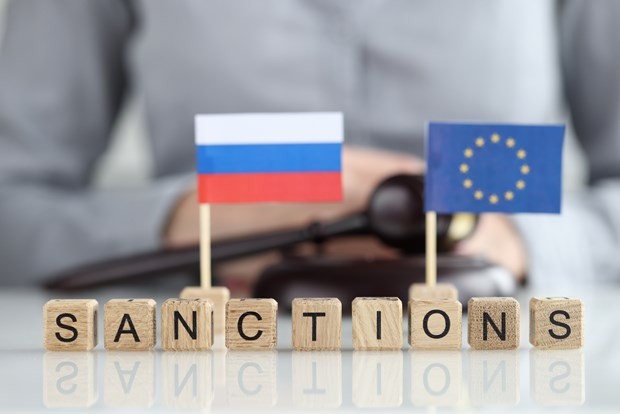 |
| EU approves 11th package of sanctions against Russia. (Source: Export.org.uk) |
World economy
The fight against global inflation is getting tougher
Central banks around the world are sending a message: if they are slow, they will not win the war against inflation.
After unexpectedly raising interest rates by 0.5 percentage points last week, Bank of England Governor Andrew Bailey said: “If we don’t raise interest rates now, high inflation will last much longer.”
Although inflation is slowing in many countries after several interest rate hikes over the past year, it remains above the 2% target set by many central banks.
Raising interest rates is the main tool central banks have to control inflation. However, research shows that there is a lag of at least 12 months between when a central bank takes action and when that action has an effect on the economy.
That’s why the Federal Reserve paused its interest rate hikes at its June meeting after 10 straight increases since March last year. But many Fed officials have signaled that rates could rise again next month, because, like Bailey, the Fed doesn’t want to risk losing control of inflation if it doesn’t act now.
One reason central banks are having trouble keeping inflation in check is that certain sectors of the economy are not responding to rising interest rates. For example, U.S. service prices, excluding energy, rose 6.6% year-on-year in May, up from 5.2% in May 2022, suggesting that the upward trend in service prices is continuing.
As inflation becomes more persistent, it will become harder for central banks to contain it. But hard doesn't mean impossible. The question is just how much pain central banks are willing to endure in raising interest rates to get inflation back to the desired level. (CNN)
US economy
* The results of a survey by the Conference Board released on June 27 showed that in June 2023, US consumer confidence unexpectedly rose to an 18-month high of 109.7, up from 102.5 in May, mainly due to the positive financial outlook of households.
In June, the US consumer confidence index showed that Americans were optimistic about their financial ability despite the Fed's repeated interest rate hikes to curb inflation . (Reuters)
* The American Petroleum Institute (API) reported a 2.408 million barrel drop in U.S. crude inventories for the week ended June 23. Analysts had expected a 1.467 million barrel drop. The API reported a 1.246 million barrel drop the previous week.
Oil markets were under pressure as traders focused on comments from European Central Bank (ECB) President Lagarde that indicated the ECB was ready to raise interest rates, a move that would put further pressure on the economy and could reduce oil demand, said analyst Vladimir Zernov of market intelligence firm FX Empire. (THX)
Chinese Economy
* Speaking to delegations at the World Economic Forum (WEF) in Tianjin on June 27, Chinese Premier Li Qiang said that the country's economic growth in the second quarter will be higher than the first quarter , and the world's second largest economy is expected to achieve its annual growth target of about 5%.
China will adopt more effective policies to boost domestic demand and open up markets, and continue to serve as a strong engine for the global economy, Li said. (Reuters)
* According to China's National Bureau of Statistics (NBS), companies in the country's key industries reported falling profits in May 2023 .
Industrial companies with annual core revenue of at least 20 million yuan (about 2.77 million US dollars) posted total profits of 635.81 billion yuan in May 2023, down 12.6% year-on-year, narrowing from an 18.2% decline in April 2023.
In the first five months of the year, profits at Chinese industrial companies fell 18.8 percent year-on-year, down 1.8 percentage points from the January-April period. Total revenue of these companies rose 0.1 percent. (THX)
European Economy
* On June 23, the Council of the European Union (EU) officially approved the 11th package of sanctions imposed on Russia since the conflict in Ukraine broke out in February 2022.
The sanctions package includes measures aimed at combating sanctions evasion and adds 87 new entities to the list of those “directly supporting Russia’s military-industrial complex.” (Reuters)
* Russia's Permanent Representative to the EU Kirill Logvinov said that the goal of the 11th package of sanctions imposed by the bloc on Moscow is to bring the economic "war" against Russia to a new level .
The Russian representative said that the EU is unlikely to encourage third countries to join the sanctions through some diplomatic efforts and the bloc's "fight" against sanctions evasion is expected to be long. (TASS)
* Europe's largest bank HSBC will halve the size of its global headquarters and move out of Canary Wharf, a commercial district built in East London (UK) in the 1980s.
HSBC confirmed on June 26 that it would be abandoning its lease on 8 Canada Square (also known as HSBC Tower) to move to a smaller building closer to the city center. The decision follows similar moves by other major companies around the world that are abandoning expensive office space. (CNN)
* On June 27, the EU and the UK completed the signing of a cooperation agreement on financial services, aiming to establish a constructive and mutually beneficial relationship between the two sides.
The agreement reflects a “warming” of relations across the English Channel and is considered an important step forward in post-Brexit relations between the UK and the EU. (VNA)
* RIA news agency quoted a source on June 28 as saying that the possibility of Russia withdrawing from the Black Sea grain deal in July remains high , despite ongoing negotiations.
Moscow has repeatedly complained that it is not getting what it wants from the deal, which allows grain to be shipped from Ukrainian ports. The deal expires on July 18. (Reuters)
* German business confidence fell more than expected in June 2023, as gloomy forecasts for the future clouded Europe's largest economy.
The Ifo economic institute's business confidence index, based on a survey of 9,000 companies, fell for the second consecutive month to 88.5 points from 91.7 points in May 2023, while analysts surveyed by financial data firm FactSet expected the figure to be at 90.8 points.
Germany's leading economic institutes, including Ifo, predict the country's GDP will shrink by 0.2% in 2023 as forecasts for the future become more gloomy. (AFP)
Japanese and Korean Economy
* Data from the Japanese Ministry of Finance on June 28 showed that tax revenue as of November 2022 had reached 68,300 billion Yen (about 472 billion USD) and is estimated to reach over 71,000 billion Yen (about 491 billion USD) in fiscal year 2022, breaking the record of 67,000 billion Yen (about 465 billion USD) of fiscal year 2021, surpassing the 70,000 billion Yen mark for the first time.
Revenues from the three core taxes of income tax, consumption tax and corporate tax all increased, with income tax revenue expected to increase from 21 trillion yen in fiscal 2021 to 22 trillion yen. (VNA)
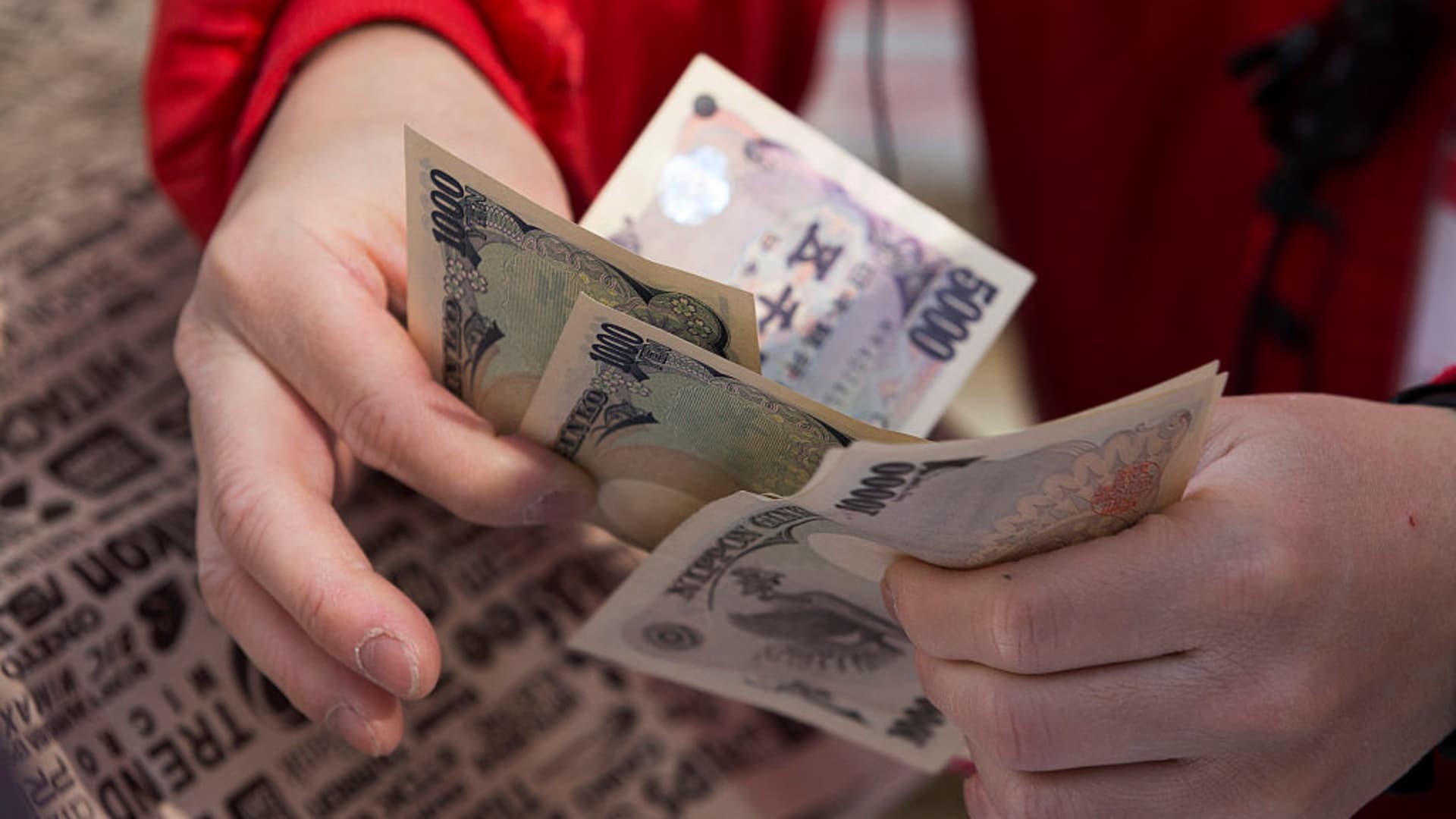 |
| Japan's tax revenue as of November 2022 reached 68.3 trillion yen. (Source: Getty) |
* South Korea's Ministry of Economy and Finance announced on June 28 that the country plans to increase overseas sales to $15 billion by 2027 , in line with efforts to diversify its export portfolio and enhance the global competitiveness of its agricultural sector.
The target level marks a sharp increase compared to revenue of $8.82 billion in 2022. (Yonhap)
* South Korea's overseas financial assets have recorded their first decline in about two decades due to a slump in global stock markets, the Bank of Korea (BoK) said.
According to the BOK, overseas financial assets owned by South Koreans, excluding foreign exchange reserves, stood at $1,745.6 billion at the end of 2022, down $16.2 billion from the same period last year. Amid the global stock market slump, South Korea's overseas financial assets fell for the first time since 2002. (THX)
ASEAN Economy and Emerging Economies
* In an article published on June 26, Secretary-General of the Association of Southeast Asian Nations (ASEAN) Kao Kim Hourn emphasized the important role of micro, small and medium enterprises (MSMEs) in transforming ASEAN into a circular economy and preparing the region for a sustainable future.
MSMEs are often seen as important enablers of socio-economic development. In ASEAN, MSMEs account for 85% of employment and 44.8% of the region’s Gross Domestic Product (GDP), according to Mr. Hourn. These businesses provide the main source of income and livelihood for a significant number of individuals and households.
Through partnerships with other local businesses, MSMEs are an integral part of the value chain, allowing customers to access a wide range of products and serving local communities . (VNA)
* Indonesia's Energy and Mineral Resources Minister Arifin Tasrif said the country plans to raise the blending ratio of biofuels made from palm oil to 40% in the next few years, but will keep it at 35% for now.
Since February 2023, Indonesia - the world's largest palm oil producer - has increased the mandatory blending ratio from 30% (B30) to 35% (B35), however, this regulation has not been fully implemented in some areas.
Mr. Arifin affirmed that Indonesia wants to maximize the use of domestic resources and reduce dependence on crude oil. Currently, the authorities have completed research and road testing of B40. (TTXVN)
* On June 27, the Thai Ministry of Commerce said that the country's export turnover in May 2023 decreased by 4.6% compared to a year earlier.
The decline was lower than the 8% decline forecast in a Reuters poll and also below the 7.6% drop in April 2023 compared to the same month in 2022. Exports, a key driver of Thailand's growth, weakened due to slowing global demand but officials said a weaker baht would provide some support.
The ministry still maintains the export growth target of 1-2% for the whole year of 2023. (TTXVN)
Source






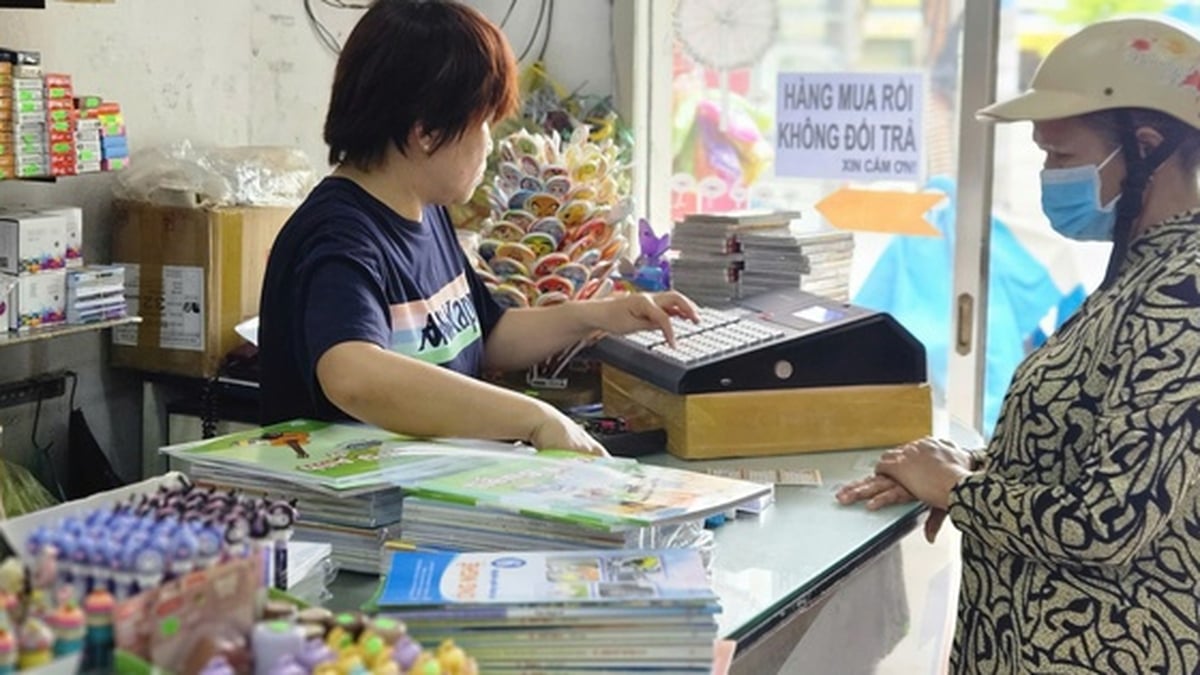

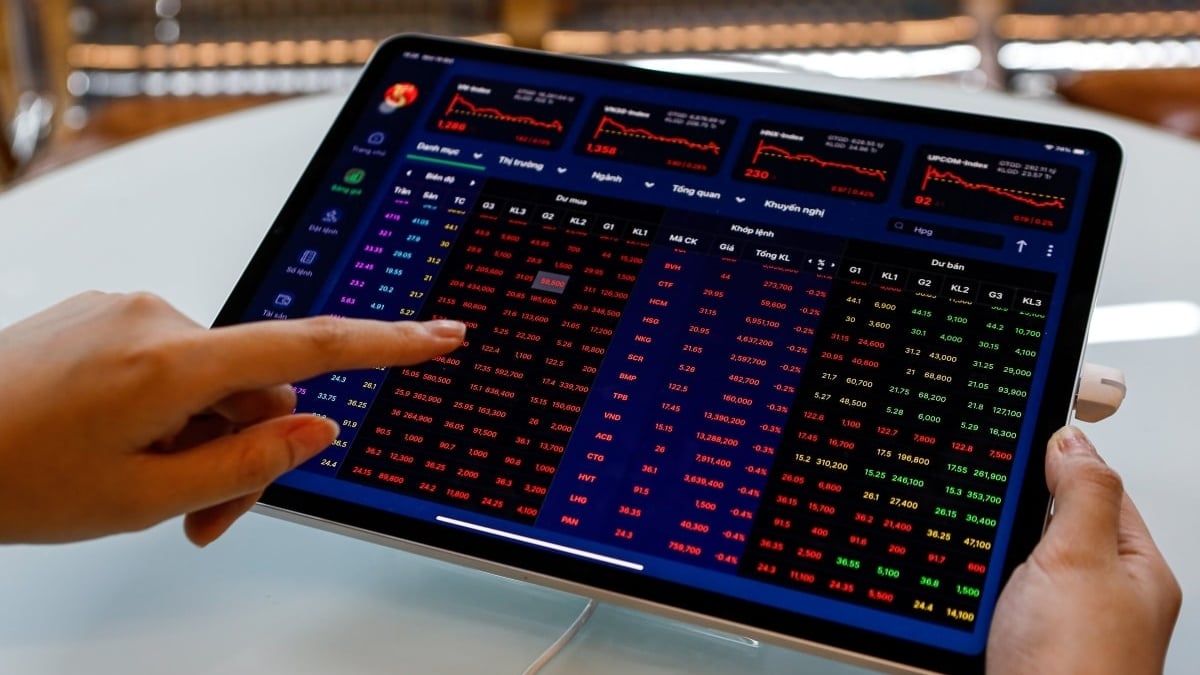

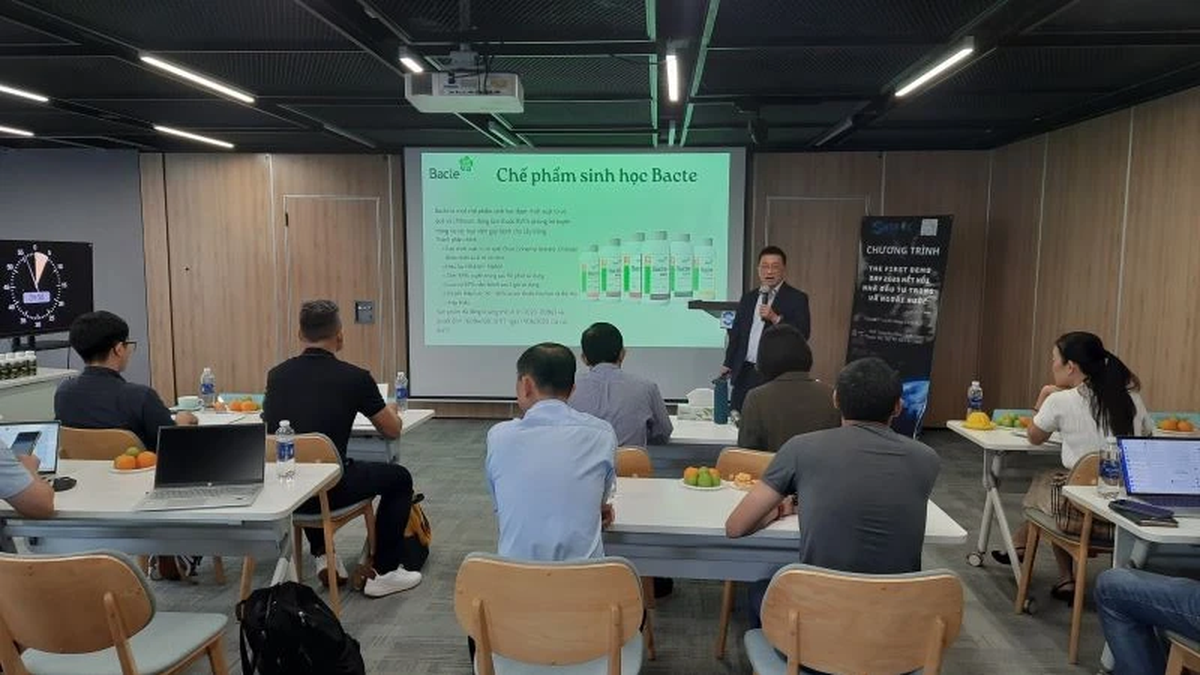




















![[Photo] National Assembly Chairman attends the seminar "Building and operating an international financial center and recommendations for Vietnam"](https://vphoto.vietnam.vn/thumb/1200x675/vietnam/resource/IMAGE/2025/7/28/76393436936e457db31ec84433289f72)
































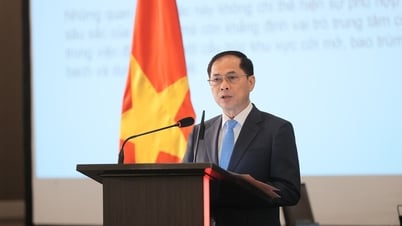







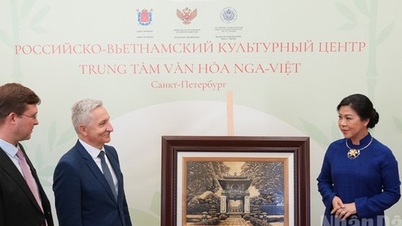


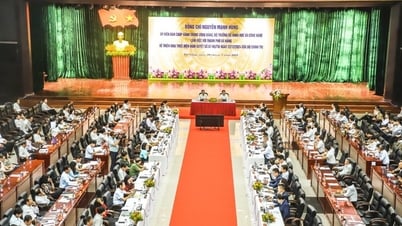
























Comment (0)